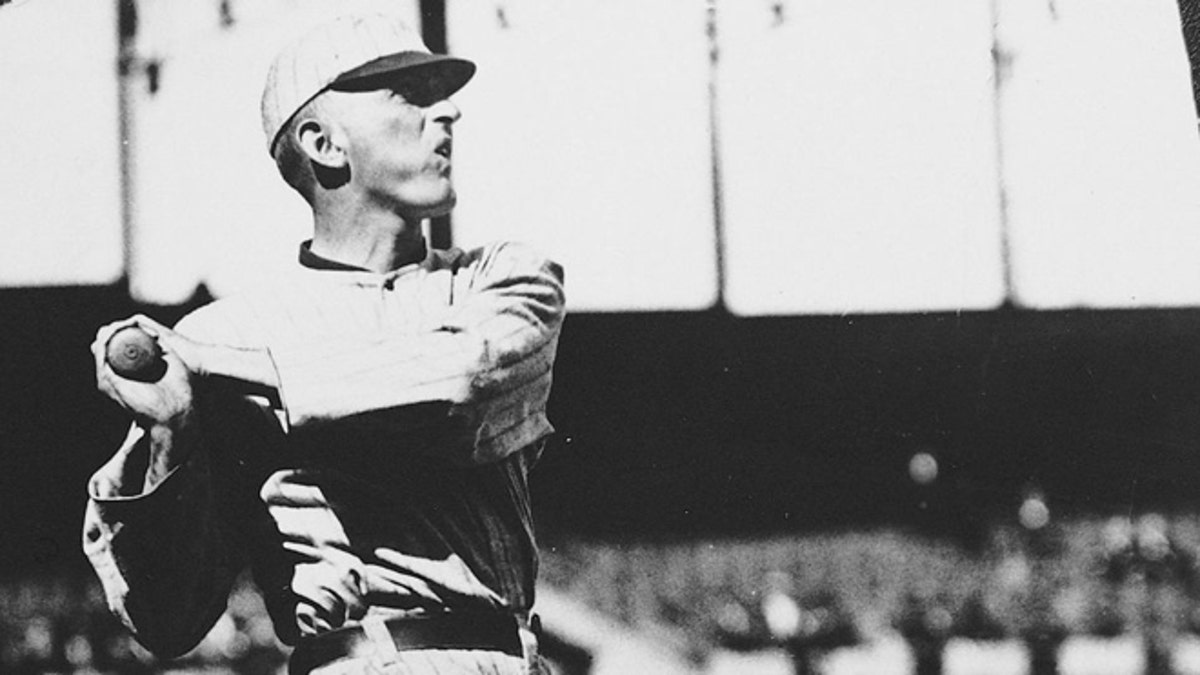
Jackson was one of the greatest payers of his day, but there's no gambling in baseball.
Say it ain’t so, Rob.
Supporters of legendary baseball star “Shoeless” Joe Jackson have struck out in their bid to get Major League Baseball Commissioner Rob Manfred to reconsider the lifetime ban that cost the turn-of-the-century diamond great a place in the Hall of Fame. Manfred said his team researched the matter and he found no reason to reverse rulings by his predecessors that Jackson’s gambling should bar him from Cooperstown.
“I agree with that determination and conclude that it would not be appropriate for me to re-open this matter,” Manfred wrote to the officials at the Joe Jackson Museum in Greenville, S.C.
Museum curator Arlene Marcley had written Manfred in June and the commissioner replied a month later, but only this week did the museum make his letter public on its Facebook page.
Jackson was the star of the 1919 Chicago White Sox who allegedly threw the World Series to the Cincinnati Reds, thus earning the name “Black Sox.” Jackson, the star of his team and holder of a lifetime .356 batting average – the third-highest of all time – was banned in 1920. He and seven other players were accused of taking $5,000 each to lose the series.
Jackson’s supporters have disputed that he took part in the fixing scheme, and note that he batted .375 with a then-record 12 hits and flawless play in the outfield in the World Series in which he was accused of taking a dive. After Jackson was indicted, legend has it that a youngster confronted him outside court, and pleaded, "Say it ain't so, Joe."
All eight players were eventually acquitted at trial, but then-Commissioner Kenesaw Mountain Landis banned them for life. MLB officials have steadfastly held that Jackson cannot be reinstated, even though he died in 1951. Manfred said Jackson’s contemporaries and sportswriters who covered him never thought he should be allowed back in, and quoted former commissioner Bart Giamatti on the subject.
"The Jackson case is now best given to historical analysis and debate as opposed to a present-day review with an eye to reinstatement," Giamatti said.
Manfred noted that Jackson received almost no support from the Hall of Fame electorate, receiving four votes on 428 ballots cast in 1936 and 1946 combined. Legend has it that Jackson, after being banned for life, tearfully endured a young boy




















